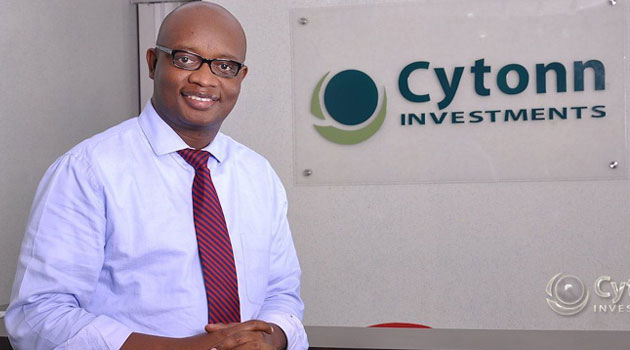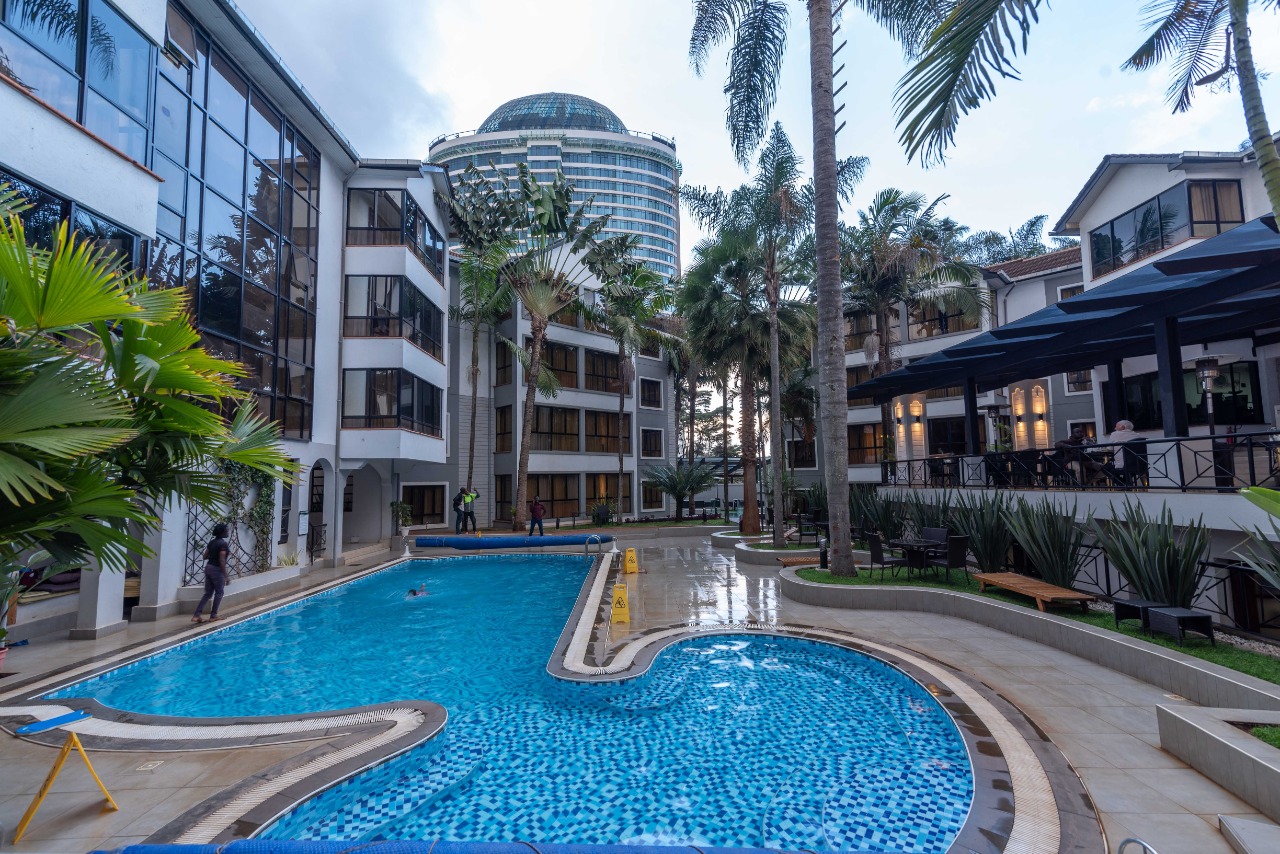Cytonn CEO Edwin Dande sought to explain why the affordable housing pillar in President Uhuru Kenyatta’s Big 4 development agenda had gotten little traction.
In a piece published on Cytonn’s website on Friday, October 30, Dande argued that the housing problem in Kenya could not be fixed without first fixing the country’s capital markets.
Dande made the arguments at a time when Cytonn is locked in a battle with the Capital Markets Authority (CMA), with the authority demanding that Cytonn limit in-house investments from its Cytonn High Yield Fund (CHYF) to 25 per cent.
Cytonn, on the other hand, has launched a legal battle against CMA accusing it of running a backwards regulatory regime.
Dande argued that large scale developments, which could solve the housing problem in Kenya, were hindered by problems in both regulated and unregulated private capital markets.

Revealing that the company had handed over Phase 2 of its Alma development to buyers, Dande stated that it would have been impossible without financing from the capital markets.
“This Kshs 5 billion development would not have been possible without the ability to raise capital from private capital markets; Kshs 105 m, roughly 2% of the capital, was raised from our regulated capital markets, Kshs 650 million, roughly 13% of the capital, was raised from bank debt, and the balance of Kshs 4.2 billion, roughly 85% of the capital, from unregulated private capital markets,” he wrote.
READ>>>>>Cytonn Real Estate Hands Over Phase II of Its Sh5bn Flagship Project
Observing that there was a demand for housing in Kenya, Dande blamed the housing deficit on lack of development capital.
“The reason the president’s housing agenda has not taken off is due to a lack of development capital.
“The reason why we have a housing deficit of 2 million houses, growing by 200,00 annually is due to lack of development capital,” the executive wrote.
Dande argued that small scale residential developments, which are common in the country, were unable to offer buyers comprehensive lifestyles.
He maintained that to finance large scale projects, they needed to go beyond traditional funding options from banks.
“Take for example the President’s agenda of 500,000 affordable houses, even if we each house were to cost 2 million to construct we would need Kshs. 1 Trillion! to deliver on that agenda. It cannot be done from the banking sector alone, we need capital markets funding.
“According to World Bank data, in well-functioning economies, businesses rely on banks for just 40% of their funding with the larger percentage, 60%, coming from capital markets. However, in Kenya businesses rely on banks for 99% of their funding, with less than 1% coming from capital markets,” Dande asserted.
Dande offered a number of suggestions, arguing they would strengthen the capital markets.
He suggested the reduction of the minimum amount required to invest in regulated real estate development funds from the current Ksh5 million.
He also called for eligibility of trusteeship for mutual funds to be expanded beyond banks.
In addition, Dande called for mutual funds to be allowed to open collections accounts with as many banks as they needed to, dismissing existing restrictions.
He also called for efforts to be made to ensure coexistence of the public and private capital markets.
“The current attitude of the Capital Markets Authority that all capital has to be regulated is misplaced and can only impede market development. It can even be argued that Kenyans have lost more funds in regulated capital markets compared to unregulated markets,” he maintained.
Dande further questioned conflicts of interests in capital markets, questioning why market participants held key governance roles including sitting on boards.













Leave a comment